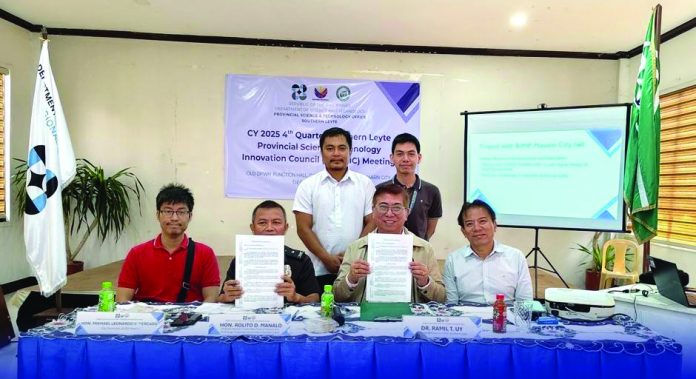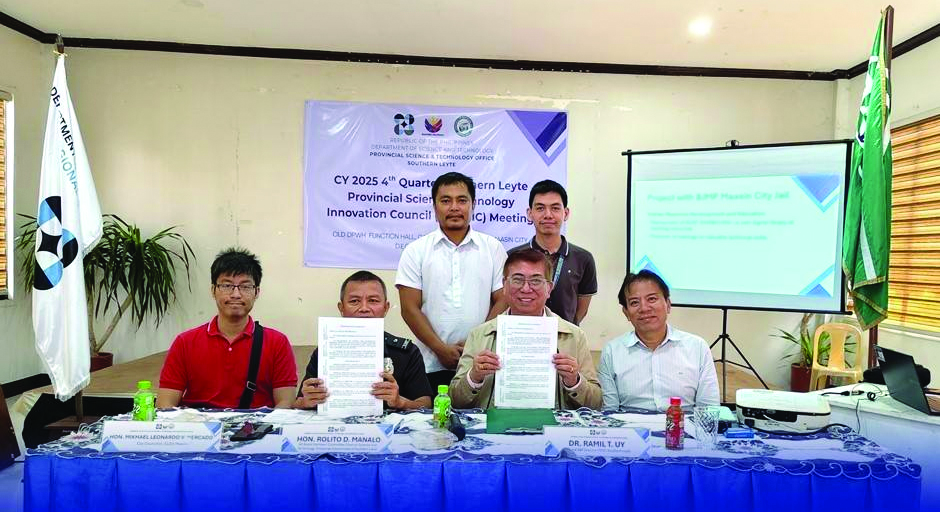TACLOBAN CITY — Residents of two upland barangays in Burauen, Leyte can now travel more safely and efficiently following the completion of a bridge and access road rehabilitation project by the Department of Public Works and Highways (DPWH), addressing long-standing mobility and safety concerns in the area.
The DPWH–Leyte 2nd District Engineering Office reported the completion of the bridge and road project connecting Barangay Paghudlan to Barangay Villa Patria, a vital route for students, farmers, and residents, particularly during the rainy season when river crossings become hazardous.
District Engineer Leo Edward Oppura said the P29.3-million project included the construction of a 0.20-meter-thick Portland Cement Concrete Pavement (PCCP) covering 705 square meters, stone masonry structures to reinforce road safety and durability, and the completion of a steel bridge to improve inter-barangay connectivity.
Before the project’s completion, residents relied on a hanging bridge or risky river crossings, often struggling to transport motorcycles, farm produce, and basic goods.
Barangay Councilor Nestor Antillon recalled the daily hardships faced by villagers, especially during flooding.
“Before the bridge was built, crossing was very difficult, particularly for motorcycles. During floods, we were sometimes forced to swim just to get across. We even had to carry our motorcycles and manually transport our farm products like root crops and vegetables,” Antillon said.
He noted that the new bridge has significantly improved mobility, safety, and access to essential services.
“Now, traveling to neighboring barangays is much easier. Students no longer have to cross the river, and residents can move safely and conveniently,” he added.
Antillon also expressed gratitude to the DPWH for completing the project, saying it has greatly improved the quality of daily life in the community.
“We are deeply thankful to the DPWH for this project. It has made travel safer and easier, and many residents are now benefiting from this long-needed infrastructure,” he said.
The project is expected to boost local economic activity by easing the transport of agricultural products, reducing travel time, and minimizing flood-related risks, particularly during heavy rains.
Funded under the 2024 General Appropriations Act (GAA), the project was implemented by Buildtron Construction Corporation.
(LIZBETH ANN A. ABELLA)





